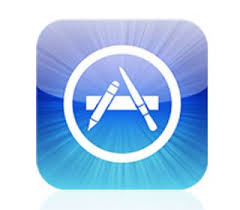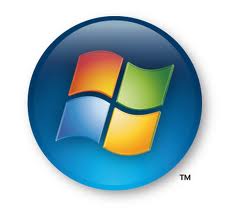 By Bill Zeeble, KERA News for Audio Texas
By Bill Zeeble, KERA News for Audio Texas
IRVING – International Baccalaureate Education classes are growing across Texas because of its high standards. Hundreds of Texas teachers just spent a couple days in summer school learning the best ways to teach these classes.
We’re in a Ranchview High School in Irving. International Baccalaureate coordinator Kari Christensen is lecturing her students on a cornerstone element of this curriculum; special projects. IB students spend months on each, collecting research notes they assemble in what’s called a process journal. They’re a bigger deal than many realize.
“I always tell the kids, I say you know da Vinci? He’s got all these ideas going on at multiple times and some half-done things over here, and some complete thoughts over here. That’s your process journal. It’s just everything about your project goes in there.”
A project might be building a robot or collecting human hair to help chemotherapy patients. Christensen says some ideas from the journal may end up in the project, others won’t.
“I’m kind of blown out of the water because we did ours totally different.”
Stephanie Durrett teaches IB students at a Dallas charter high school and realizes she needs to unlearn her approach to the journal. She thought it was like a daily diary but it’s not. It’s more comprehensive.
“I think we might have been doing it the incorrect way and I’m here to learn the correct way on how to do it.”
The “correct way” of the process journal is to let the student drive the learning. That’s according to Mike Malnati, who’s been teaching IB for years. The curriculum goes back decades, to help educate children of English speaking parents living in distant countries. IB expanded in the U.S. and arrived in Texas in 1979. Twelve years ago, there were about 30 IB school in Texas. Today there are 189 with 43 more in the works.
IB is not what Malnati calls the ‘set and get’ method, where you sit in a class and take in information thrown your way.
“Now what happens, we come in and we get you excited about a topic…say conflict or sharing the planet or something. And then you start asking questions as a student. Well I would like to learn about this or I would like to learn about this. So what you do as a teacher, is you say ok, let’s help you discover what you would like to learn. So they can apply all of that later on.”
Of course facts and figures are important, but they’re not everything, says Bill Shell, a veteran IB instructor from Colorado who’s helping teach teachers.
“Because it’s not about the final product. It’s about the process. What did I learn about by doing the process. And at the end, my personal project may be a robot… What did I learn from that whole process? That’s the learning we want.”
That’s why teachers like Saran Smith are here – to learn different teaching methods. The Dallas charter school teacher likes IB’s international curriculum that includes many cultures. To teach it, she must be familiar with those cultures – things like their food, their clothing.
“To be able to give the kids a well-rounded understanding of what they need to learn I need to learn it as well. It’s not just they’re learning I’m learning as well so it’s full circle.”
Lessons she’ll take back to the classroom this fall.




